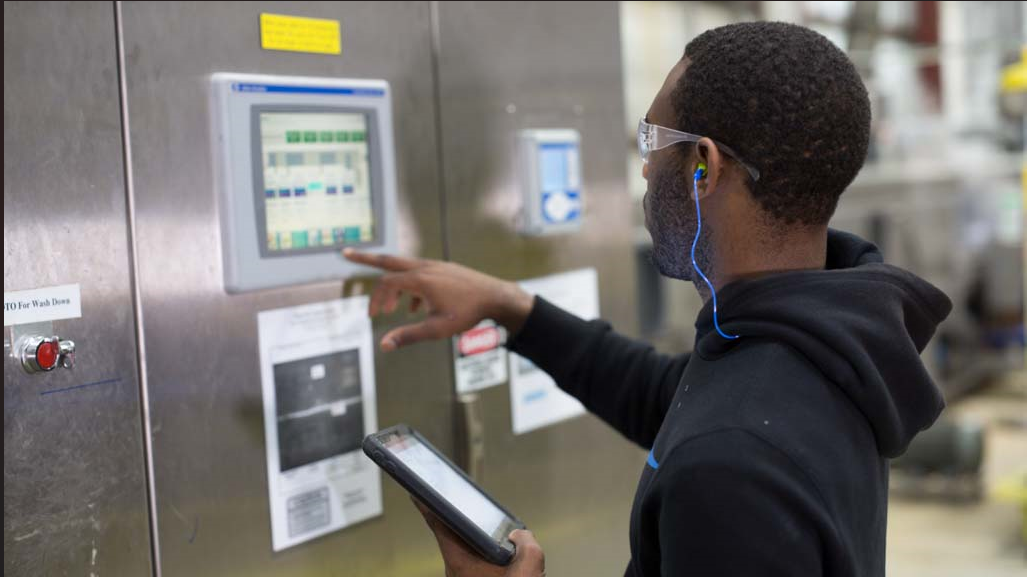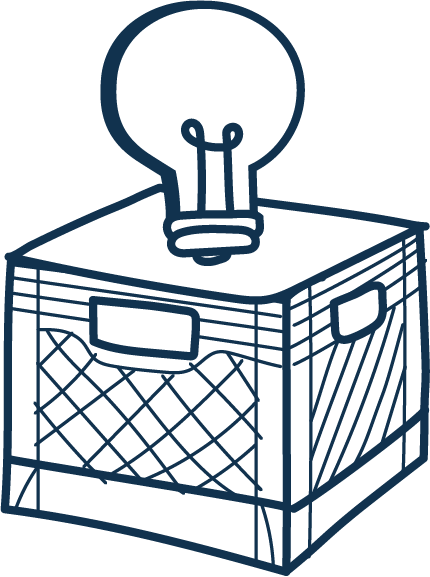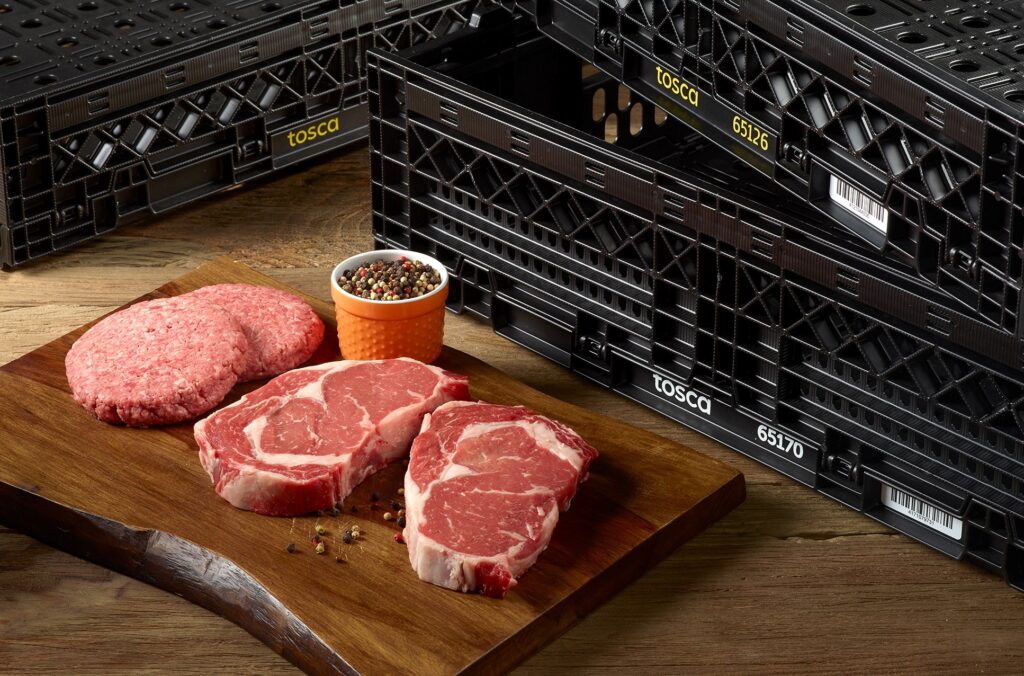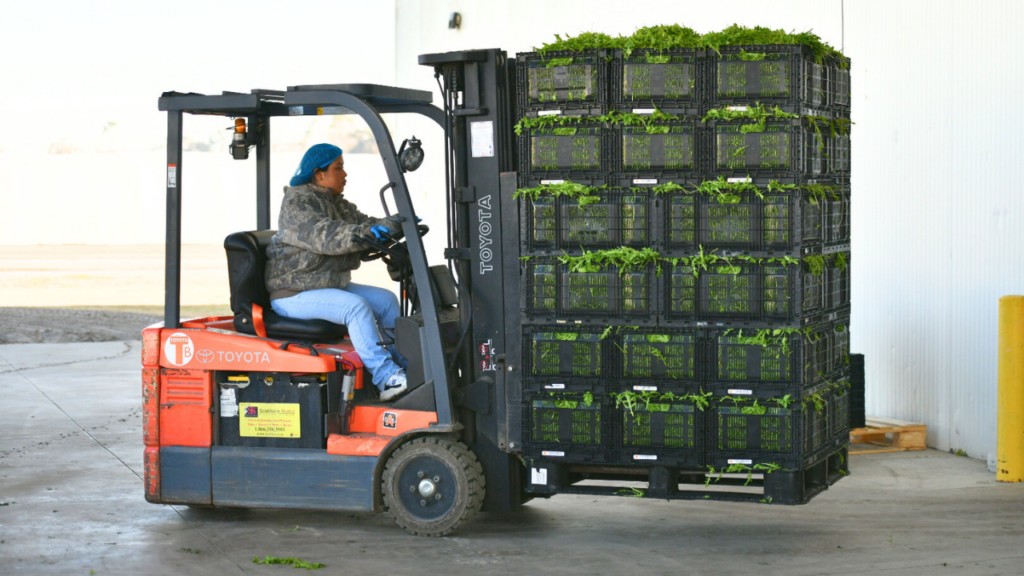How egg RPCs can help suppliers and retailers manage industry challenges
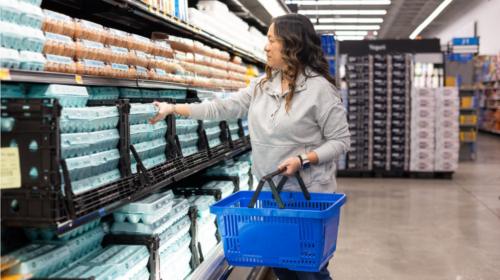
In this article
Eggs are a staple of the American diet. In fact, eggs are so widely consumed that they are one of the food items that the United States Department of Labor uses to track inflation. As the cost of eggs has risen over the years, so has the number of eggs we eat. The average American ate 281.3 eggs, or more than 23 cartons of eggs, in 2023. By comparison, the average American ate only 236 eggs in 1990. Today, egg suppliers and retailers are experiencing a high demand for their products.
From the avian flu to sustainability, egg industry leaders are tackling tough issues
As eggs are flying off the shelves, an increased consumer demand isn’t the only issue that suppliers and retailers are facing. These are four other challenges that are affecting the egg industry and some possible solutions.
Avian influenza has reduced flocks
Since the beginning of the latest avian influenza outbreak in February 2022, more than 147 million birds have been affected by the disease, including 682 commercial flocks. The loss of so many birds has created a shortage of eggs and an increase in prices.
There are a few solutions that farmers can enact to decrease the spread of avian influenza, such as vaccinating their flock and increasing sanitation processes. These solutions can be costly, however, and aren’t 100% effective.

Another step to reducing avian influenza’s effect on the industry’s supply is to better protect the eggs that we already have. More eggs are broken in transport than in any other step in the processing and distribution supply chain. Ensuring that eggs are packed safely in reusable plastic containers (RPC) will protect the eggs.
Tosca’s rigid, stackable crates are not only 4 times stronger than corrugated boxes but can also reduce the shrink by 50%.
Food safety must be top of mind
Food safety continues to be one of the top concerns for everyone working in this industry. Eggs begin to lose moisture and deteriorate the moment they’re laid. Steps need to be taken to preserve the quality and freshness of eggs to make sure they’re safe for consumers to eat.
Rapid refrigeration prevents moisture loss, helping eggs stay fresher longer. Plus, cooling to 45 degrees helps prevent harmful bacteria, like salmonella, from growing inside the eggs. Rapid cooling even makes it easier for consumers to kill any small amounts of bacteria that have developed, by cooking the eggs. In other words, cooling eggs quickly leads to better quality, safer-to-eat eggs.

To help eggs cool quickly, suppliers should use RPCs rather than corrugated boxes to hold their eggs. An independent study found that eggs cooled 6 times faster when stored in Tosca’s egg RPCs instead of corrugated boxes. The ventilated walls of an RPC promote better airflow during cooling, leading to safer eggs with a longer shelf life.
Labor shortages drive a need for improved efficiency
The agriculture, transportation and warehousing, and retail grocery industries are suffering from a lack of workers, and the egg supply chain is feeling the effects of these labor shortages. Without enough workers available, industry leaders need to ensure the employees that they do have are working efficiently. Luckily, RPCs can help save time and reduce labor needs throughout the egg industry.
Suppliers will save time processing eggs packaged in RPCs. Their standardized sizing allows for the use of automation technology. RPCs require no troublesome tape machines, and they won’t jam machinery like corrugated boxes can, reducing the amount of time employees spend on maintaining machinery.

The rigid material and built-in handles of RPCs make loading egg shipments easier too. Workers can safely grip the crates’ handles and stack crates without the threat of crushed product that the use of corrugated boxes carries.
Retailers will find that corrugated packaging is hurting their labor force too. Reusable egg crates eliminate the need to spend time at the baler disposing of single-use boxes. Plus, RPCs are shelf-ready, so retailers don’t need to spend time unpacking cartons of eggs from boxes and setting them on shelves. In fact, studies have shown that RPCs result in 53% labor savings when stocking shelves.
Reduce waste for a more sustainable future
From broken eggs to single-use corrugated boxes, a lot of waste exists in the egg supply chain. While recycling boxes helps reduce waste, it isn’t a perfect solution to the problem. The recycling process uses lots of water to turn corrugated boxes back into pulp. Egg suppliers can be even more sustainable by incorporating the other two “R’s of recycling” — reuse and reduce — into their supply chains. They can begin by switching from using corrugated boxes to reusable egg crates.
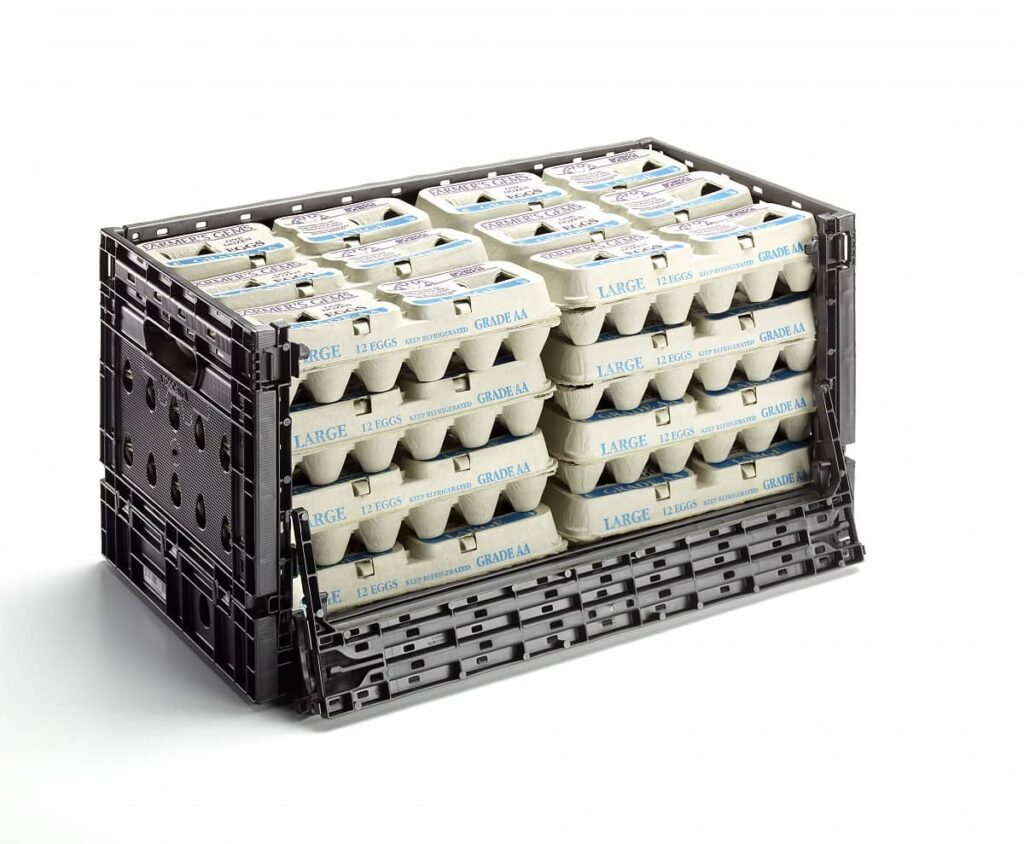
RPCs can be used hundreds of times, and every use of an RPC eliminates more than 1.5 pounds of corrugated boxes. We’re proud to say that our RPCs have eliminated over 1 million metric tons of corrugated from supply chains.
RPCs even help reduce food waste. Corrugated boxes are not strong enough to protect eggs as they travel from farm to store. Plus, boxes can be crushed if stacked too high. Using RPCs instead of faulty corrugated boxes to transport eggs can result in 50% fewer broken and wasted eggs.
With RPCs, you can also reduce your carbon footprint when it comes to transportation. Tosca’s RPCs are designed to be interlocking and uniform in size, so you can load 3 to 6% more product onto a truck, reducing the number of shipments needed.
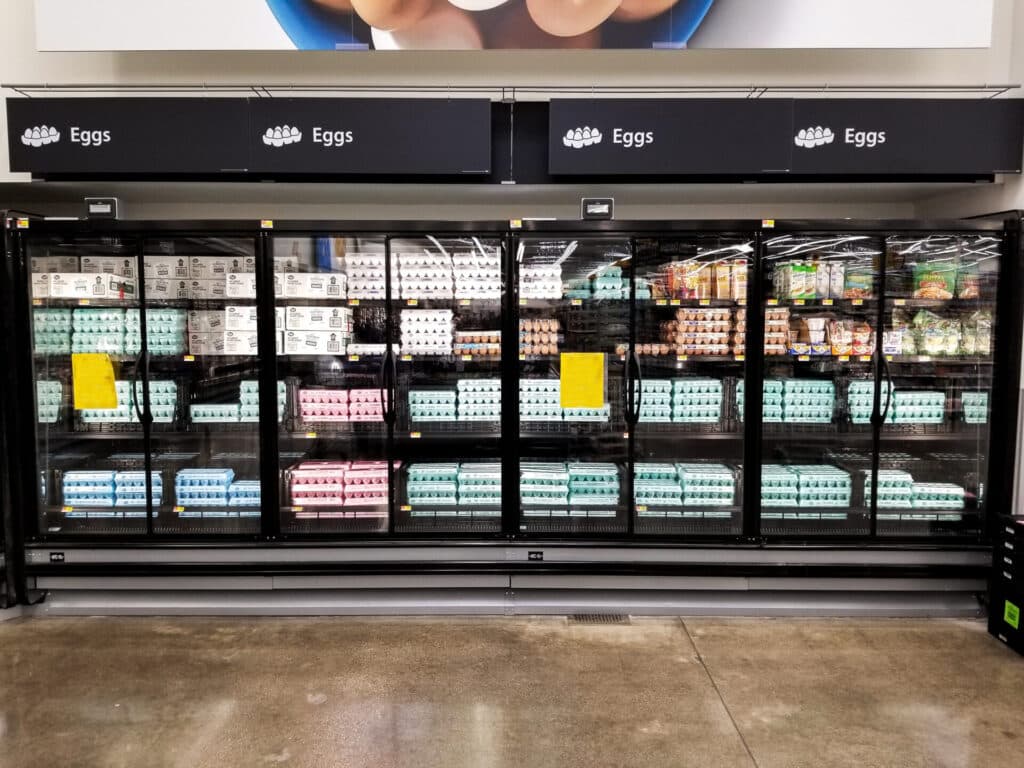
Our traceability services enable better visibility and tracking of your shipments, allowing you to optimize routes for efficiency. Tosca also offers pooling services for your RPCs. We can manage, wash, inspect and repair your reusable egg crates more efficiently than if you had to do it yourself. What’s even better is that using RPCs doesn’t only reduce your Co2 emissions by up to 66%, but it also helps your bottom line by creating more efficient shipping processes.
RPCs can help suppliers and retailers manage egg industry challenges
These are just a few of the complex problems that leaders in the egg industry are facing. While you’ll need to consider many possible solutions, one way you can start managing all of these challenges is by switching to egg RPCs. Check out our RPC calculator to find out how much money you could save by switching, and contact Tosca today to learn more about using reusable egg crates.























